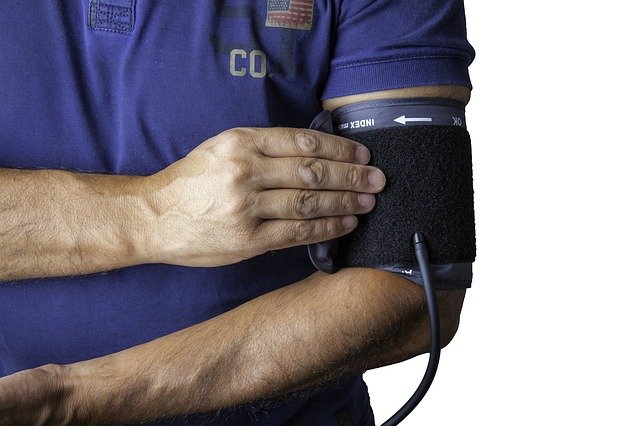
In a recent study, researchers found that 50-year-olds who had blood pressure that was higher than normal but still below the threshold of hypertension were at a big risk of dementia.
This increased risk was seen even when the study participants did not have other heart or blood vessel-related problems.
The study examined over 10,000 civil servants and is reported by European Society of Cardiology.
Previous studies have linked raised blood pressure in midlife to an increased risk of dementia in later life, the term ‘midlife’ has been poorly defined and ranged from 35 to 68 years.
In this study, the researchers were able to examine the association at age 50, 60 and 70, and they found different patterns of association.
The data were from participants in the Whitehall II study, who were aged between 35-55 in 1985, had their blood pressure measured in 1985, 1991, 1997 and 2003.
Among the 8,639 people analyzed for this study, 32.5% of whom were women, 385 developed dementia by 2017.
Those who had a systolic blood pressure of 130 mmHg or more at the age of 50 had a 45% greater risk of developing dementia than those with a lower systolic blood pressure at the same age.
The researchers found that this association was not seen at the ages of 60 and 70, and diastolic blood pressure was not linked to dementia.
The link between high blood pressure and dementia was also seen in people who had no heart or blood vessel-related conditions (cardiovascular disease) during the follow-up period.
These people had an increased risk of 47% compared to people with systolic blood pressure lower than 130 mmHg at age 50.
Guidelines from NICE (National Institute for Health and Care Excellence) in the UK and the European Society of Cardiology both give a threshold of 140/90 mmHg for hypertension.
But 2017 guidelines from the American Heart Association, the American College of Cardiology and nine other health organizations lowered the threshold to 130/80 mmHg for all adults.
Ideal blood pressure is considered to be between 90/60mmHg and 120/80mmHg.
The current work confirms the detrimental effects of midlife hypertension for risk of dementia, as suggested by previous research.
It also suggests that at age 50, the risk of dementia may be increased in people who have raised levels of systolic blood pressure below the threshold commonly used to treat hypertension.
The team suggests that the importance of mid-life hypertension on brain health is due to the duration of exposure.
There is an increased risk for people with raised blood pressure at age 50, but not 60 or 70, because those with hypertension at age 50 are likely to be ‘exposed’ to this risk for longer.
The average age at which the study participants developed dementia was 75.
Possible reasons for the link between raised blood pressure and dementia include the fact that high blood pressure is linked to silent or mini strokes, damage to the white matter in the brain, which contains many of the brain’s nerve fibers, and restricted blood supply to the brain.
This damage may underlie the resulting decline in the brain’s processes.
The researchers also suggest that it is important to emphasize that this is observational, population-level research and so these findings do not translate directly into implications for individual patients.
Furthermore, there is considerable discussion on the optimal threshold for the diagnosis of hypertension.
There is plenty of evidence to suggest that maintaining a healthy blood pressure in middle age is important for both your heart and your brain later in life.
The first author of the paper is Dr. Jessica Abell. Professor Archana Singh-Manoux led the research.
The study is published in the European Heart Journal.
Copyright © 2018 Knowridge Science Report. All rights reserved.
Source: European Heart Journal.



